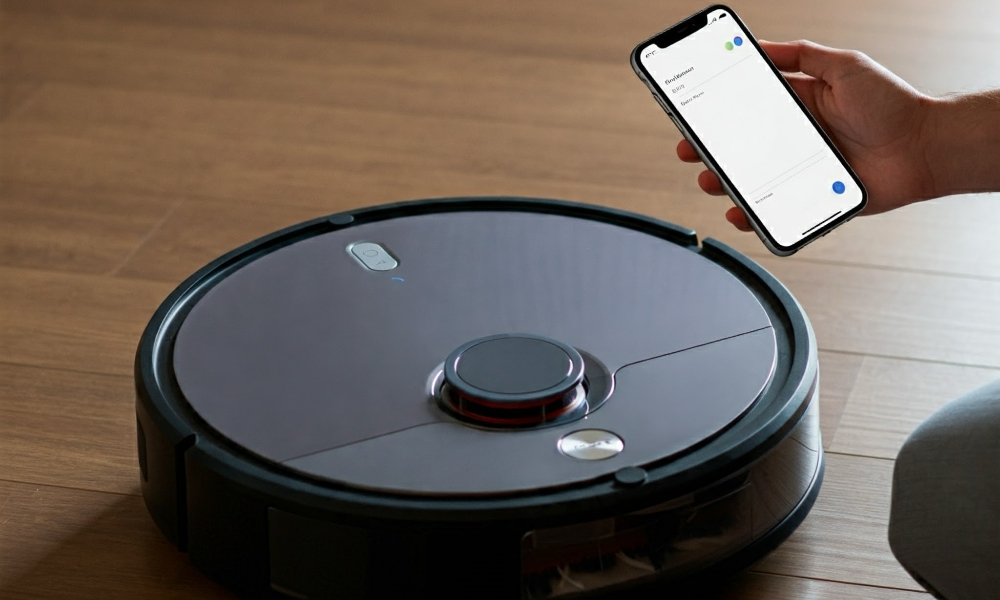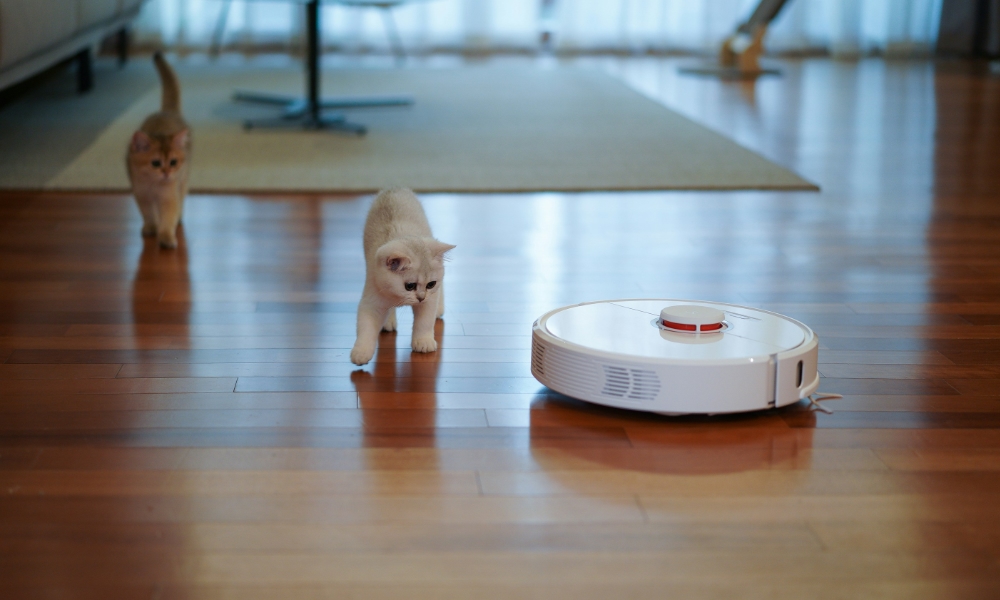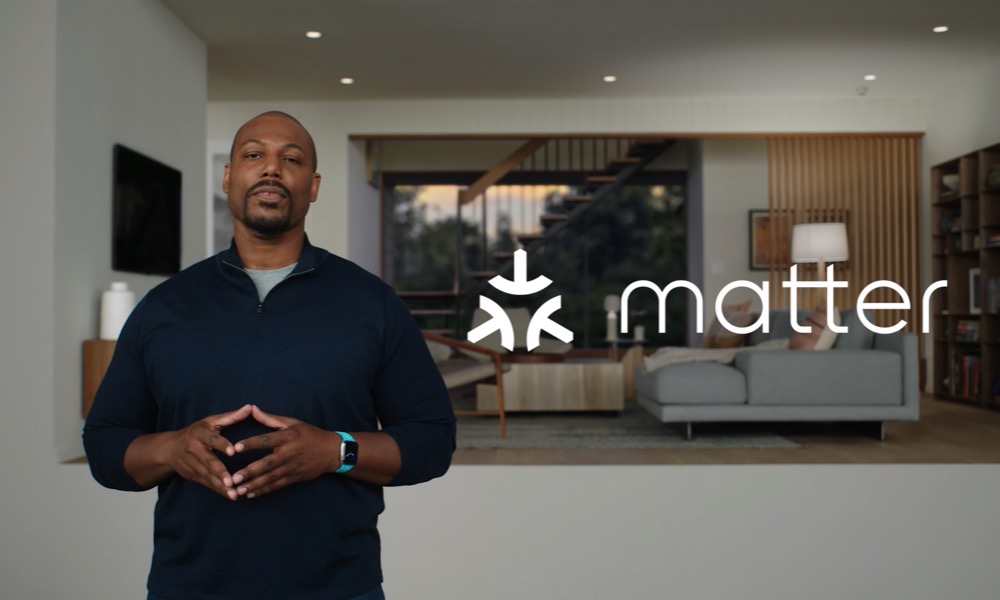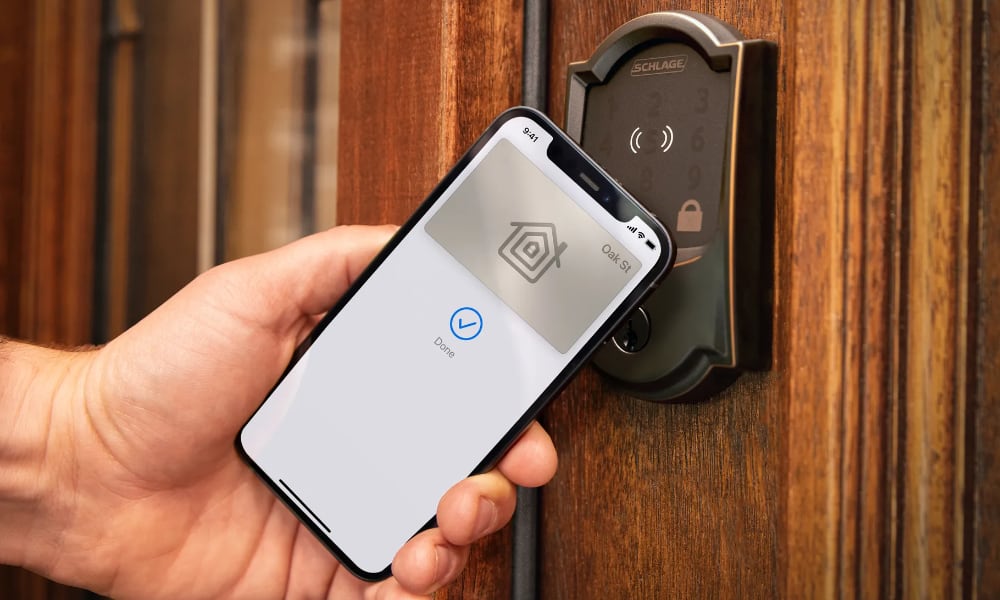Apple Quietly Pushes Another iOS 18 Feature into 2025

Toggle Dark Mode
It looks like Apple won’t hit a 2024 deadline for another feature it promised would be coming to iOS 18 “later this year,” although we’re not sure it’s one that too many folks will miss.
Shortly after iOS 18.0 launched in September, Apple shared a comprehensive list of everything coming to the iPhone software update — both in that initial release and further down the road. For example, Apple made no secret that Apple Intelligence wouldn’t arrive until iOS 18.1 in October. However, it was somewhat more vague about a few other new features, adding only that they were “Coming in an update later this year.”
Most of those weren’t surprising, as it had also tagged certain key features for “late 2024” on its iOS 18 home page even before iOS 18 was released to the public. Three that were known to be later releases from nearly the beginning were ChatGPT integration for Apple Intelligence, categories in Apple Mail, and robot vacuum cleaner support.
With the iOS 18.2 beta cycle nearing an end (we could see a final Release Candidate this week), we know those first two are just around the corner. ChatGPT will ship with other Apple Intelligence features like Image Playground, Genmoji, and Image Wand, plus support for several more English dialects. Mail categorization has also been there from the first iOS 18.2 beta, and the good news on that one is that it’s not an Apple Intelligence feature, so it will be available on any iPhone that can run iOS 18.
However, one feature that’s still missing in iOS 18.2 is considerably less obvious: support for robot vacuum cleaners.
As discovered by MacRumors, Apple has quietly updated the footnote on its Home app page to clarify that the feature will be “available in early 2025” while adding that the Siri capabilities will be limited to US English at launch.
In theory, the new integration will allow you to start cleaning a room with a Siri voice command while also controlling other features through the Home app, such as setting power levels and cleaning modes or querying the battery level.
As with other new device categories in HomeKit, it’s something that accessory makers need to embrace before it’s useful, and it’s unclear how it’s going to work even when it does roll out. There naturally aren’t any HomeKit-compatible robot vacuums available yet, and we haven’t heard of any in development.
That’s not a big problem, and we may not ever get a purely HomeKit-compatible robo-vac. Apple also supports the Matter standard, so any robot vacuum designed for Matter should work once Apple adds support. However, even that’s a pretty short list. There are only four lesser-known manufacturers on board, and, ironically, iRobot isn’t one of them, even though it helped develop the Matter standard for robot vacuums.
Sadly, this is one area where Matter doesn’t seem to have bridged the gap between home automation ecosystems. There are already manufacturers that offer support for Amazon’s Alexa and Google Assistant, but these have yet to embrace Matter, which means they’re a no-go with HomeKit. We’ll probably never know whether accessory makers would have built to the HomeKit standard, as Apple has been late in adding support for robot vacuum cleaners.
Robot vacuums aren’t the only new HomeKit feature hiding in iOS 18. Apple also added support for ultra-wideband (UWB) Home Keys in iOS 18.0, but we have yet to see anyone even announce a Home Key-compatible lock with the necessary UWB chip. In fact, UWB is fairly uncommon among smart locks in general; the Ultraloq Bolt Mission became the first to add support in September, but it doesn’t work with Home Key.
While there are a few good Home Key locks on the market from Aqara, Level, and Schlage, these all use NFC. That means you need to hold your iPhone or Apple Watch near the lock to open your door, which defeats the purpose if you’re coming home with an armload of groceries. Once they’re available, new UWB locks will be able to detect your iPhone in your pocket, letting you unlock your door just by walking up to it. That’s similar to what some smart locks already offer using Bluetooth, but we expect UWB support will be more secure and reliable.










